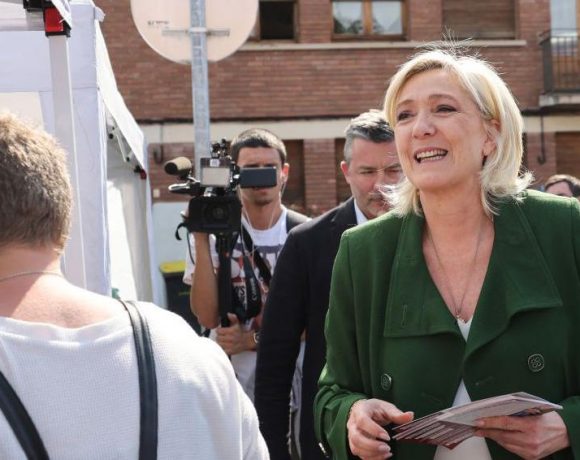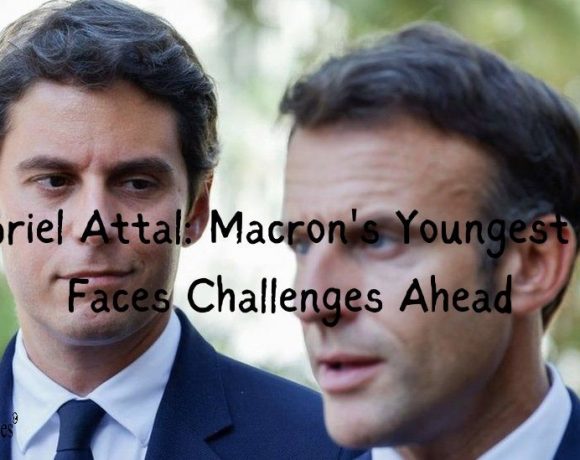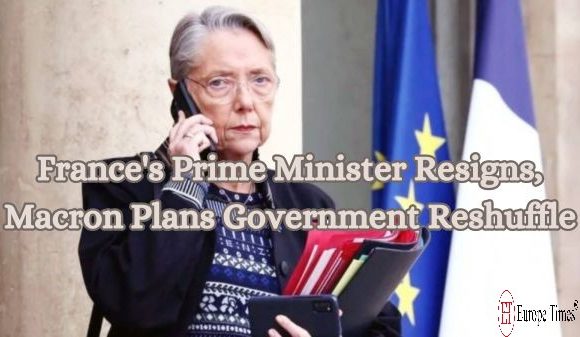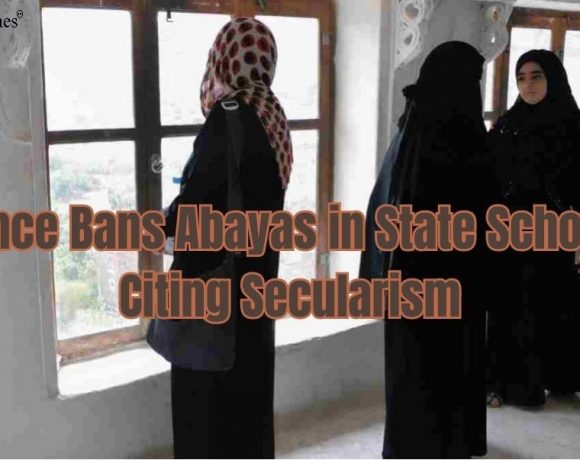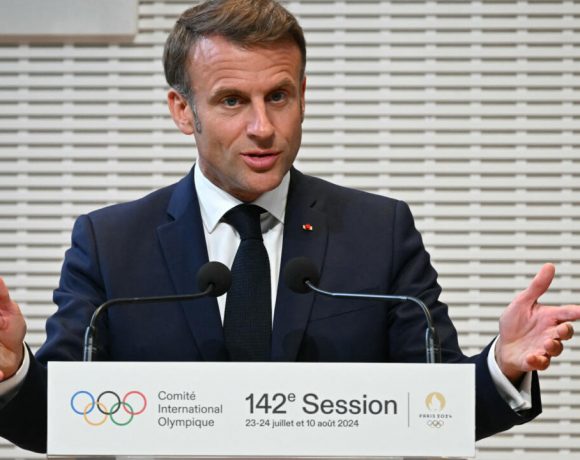
French President Emmanuel Macron has announced that he will postpone naming a new government until after the Paris Olympics conclude on August 11. This decision follows a proposal from the New Popular Front (NFP), a left-wing coalition that emerged as the largest group in France’s parliament after recent elections. The NFP has put forward Lucie Castets, a relatively unknown civil servant, as their candidate for prime minister.
Macron stated that appointing a new prime minister before mid-August would “create disorder” amid the ongoing Olympics, which start with an opening ceremony in central Paris on Friday. The left-wing coalition has criticized Macron’s delay, accusing him of undermining the outcome of the recent legislative elections.
Macron had previously accepted the resignation of Prime Minister Gabriel Attal due to significant losses for their centrist party in the elections. Attal and his team are continuing in a caretaker role until a new government is formed.
In France, the president is expected to appoint a prime minister who can secure a majority in the National Assembly. Currently, no single party holds a majority, but the NFP, with at least 182 of 577 seats, is in a strong position. The NFP’s choice, Lucie Castets, a 37-year-old economist with a background in finance and public services rather than politics, was presented just before Macron’s scheduled television interview.
Macron emphasized that the key issue is not the specific nominee but the formation of a majority in the Assembly. He plans to appoint a prime minister with the widest possible support. The delay has provoked a strong reaction from NFP members, who accuse Macron of attempting to disregard the results of the elections and deny the will of the people.
Picture Courtesy: Google/images are subject to copyright

